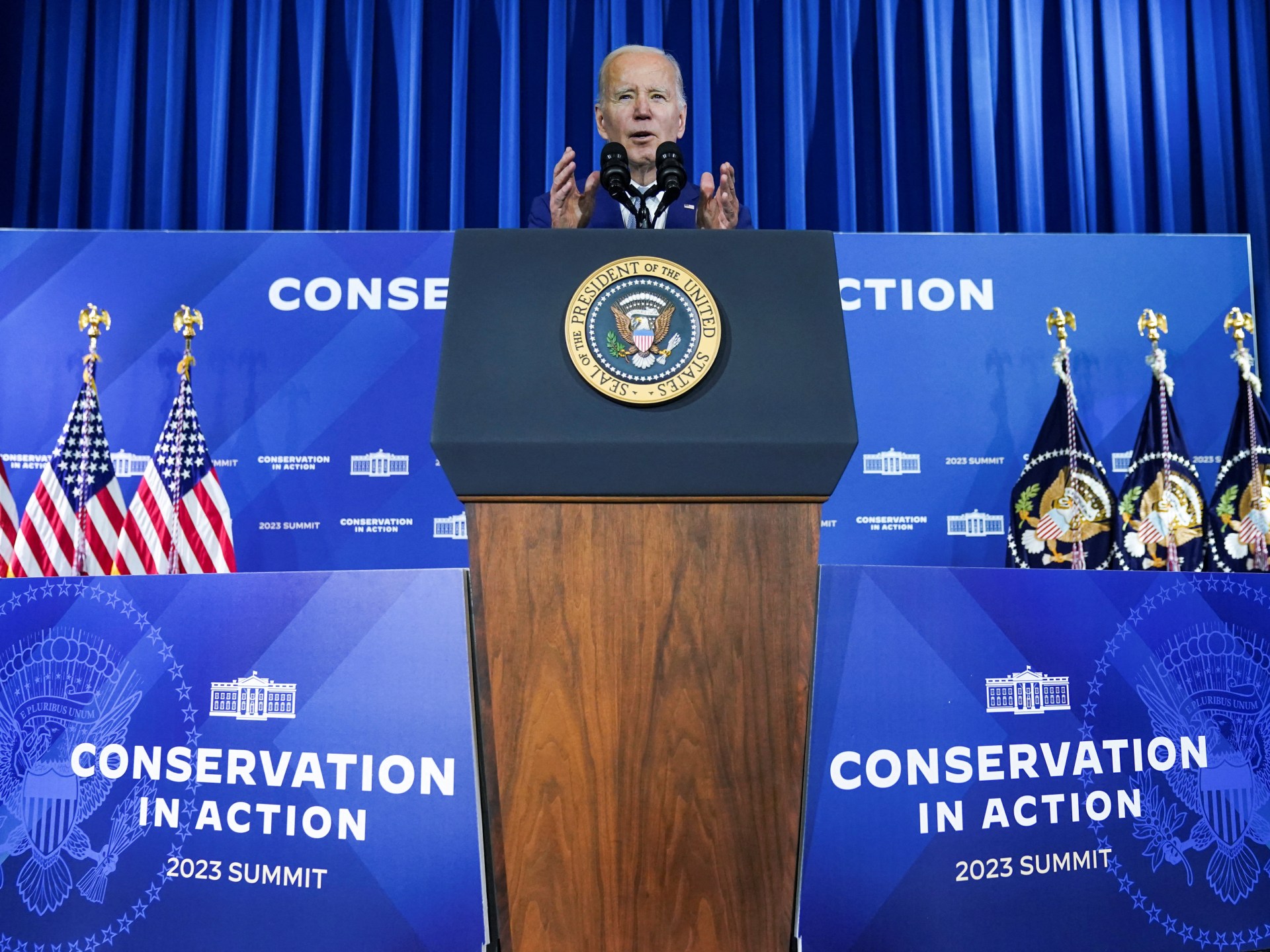Suicides Among U.S. Soldiers In Iraq On Rise
The real rate might never been known as the U.S. Defense Department imposes a news blackout on suicides in the chaos-mired country and refuses to say which of its "non-combat" fatalities have been self-inflicted, The Guardian reported Sunday, January25 .
In terms of figures, at least 22 soldiers have killed themselves so far in Iraq, which accounts for about 7 percent of all service deaths in Iraq, said the British daily.
One of the suicide cases was Army Specialist Joseph Suell, who wrote a last letter home to his mother before he killed himself by an overdose of a painkiller last June.
In the letter, Suell complained how he missed his wife and daughters during a year-long posting to South Korea, Kuwait and finally to Iraq.
The Guardian said that just two suicides were reported among U.S. personnel during the entire Gulf war in the1990 s.
Psychiatrists noted that the majority of the so-called "psychiatric evacuations" have taken place after May1 , when U.S. President George W. Bush declared "major combat" effectively over.
Colonel Theodore Nam, chief of in-patient psychiatry services at the Walter Reed Army Medical Centre in Washington, said no psychiatric cases at all were evacuated during the major combat, expecting high levels of psychiatric casualties.
Last month, reports confirmed that more than 600 U.S. servicemen and women had been evacuated from Iraq for psychological problems.
Chronic Stress
The chairman of psychiatric services at the Naval Medical Centre in San Diego, Captain Jennifer Berg, said the Post Traumatic Stress Disorder (PTSD) is expected to afflict 20 percent of the servicemen and women in Iraq.
"There is a feeling among troops there that they have fallen off the public screen. And the longer people are there, the more we are seeing people come forward with stress reactions," she stressed.
Berg said U.S. soldiers are now suffering from "chronic stress" due to "a combination of danger, boredom and sleep deprivation, and the knowledge that they are a long way from home".
"In addition, people are no longer sure when or what the end will be. No one knows when they will be going home," she added.

